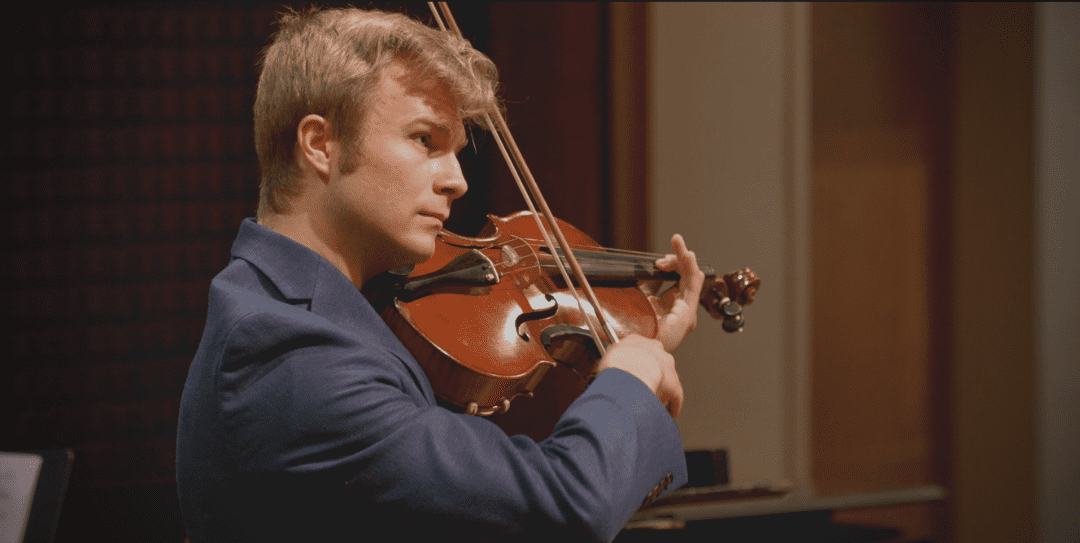“The poème form has always appealed to me. It favors the expression of feeling without being subject to the restrictions of concerto form; it can be lyrical or dramatic and is in essence half-romantic, half-impressionistic. It comprises light and shadow and every intervening shade; the composer is able to paint what he wishes without keeping within any rigid framework. In a word, the poème is a picture painted without a model.” – Eugène Ysaÿe
Belgian-born Eugène Ysaÿe is best known as one of the premier violin soloists of his time. Carl Flesch, no slouch himself on the fiddle, called Ysaÿe”the most outstanding and individual violinist I have ever heard in my life.” In addition to his prodigious talents as an instrumentalist, Ysaÿe was also a renowned educator, conductor (he declined an offer to become the chief conductor of the New York Philharmonic), and composer. Though he received no formal training in the latter practice, his immersion in the concert music world since his earliest professional engagements at the age of seven afforded Ysaÿe a deep well from to which to draw for his own works.
By 1921, the 63-year-old Ysaÿe was living in America, having accepted the concuctor’s post at the Cincinnati Symphony Orchestra in 1918 after his health began to decline. It was during this period that he penned Extase, Op.21 for violin and orchestra, a work he dedicated to violinist Mischa Elman. The two had concertized together for over a decade, and in 1912 Ysaÿe had written of his younger counterpart, “I adore both the qualities and the defects of youth, and as I love exuberance and enthusiasm and warmth of rhythm, I assure you that I had intense pleasure in listening to a violin palpitating beneath the will of this young devil of twenty.”
That exuberance is evident in this performance by violist Joseph Skerik, joined by pianist Tae Kim, from a Stars of Tomorrow Concert at the Heifetz 2022 Festival of Concerts. Take a look – and listen!


Two of the most renowned violinist of the 20th century – Mischa Elman and Eugène Ysaÿe.


